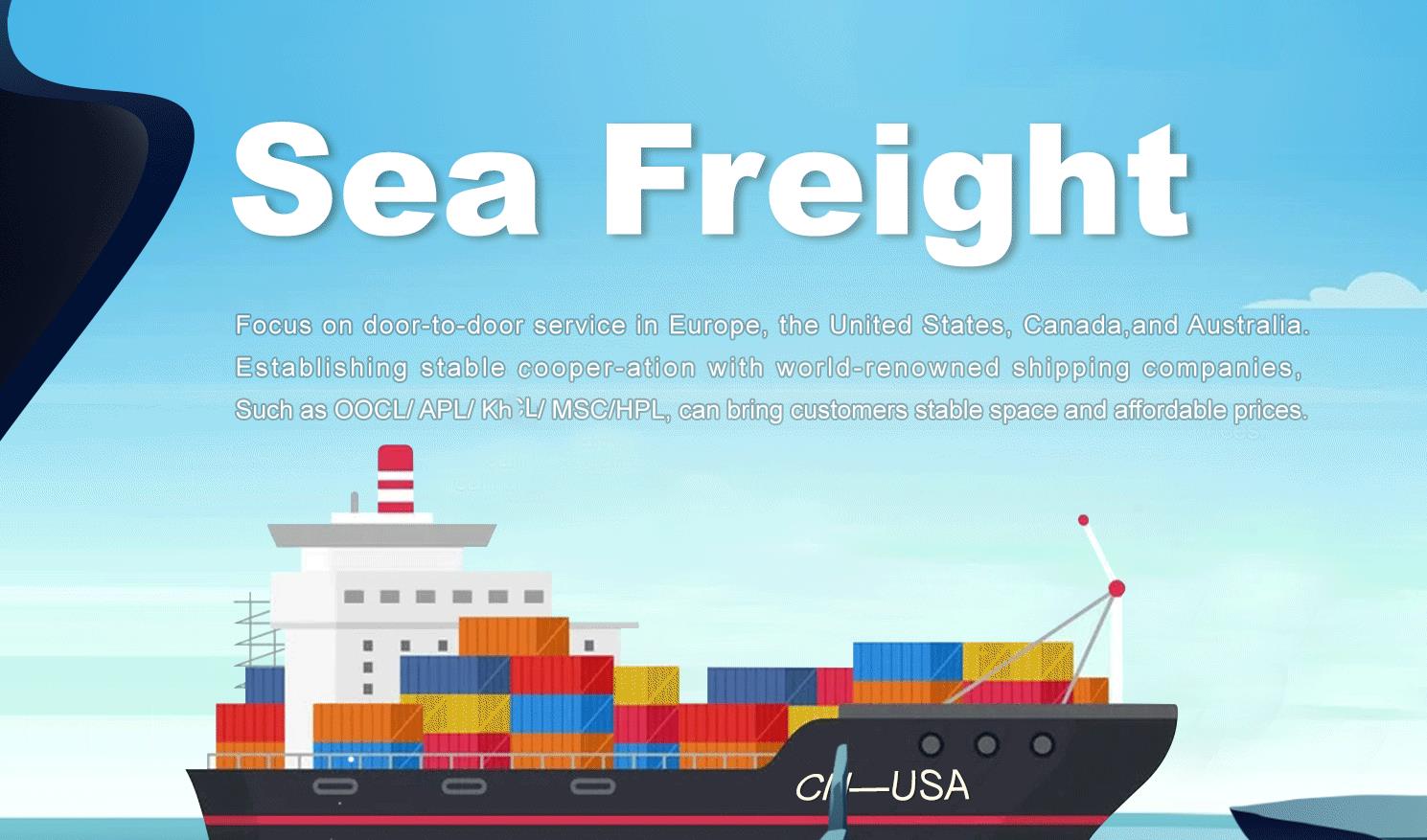Knowledge dry goods cif terminology transaction Who should pay the unloading fee?
cif Terms: Who should pay the unloading fee??Developed by the International Chamber of Commerce and1990The revised version of1990Incoterms(Hereinafter referred to as(1990General Rules of the Year),
rightcifTrade terms stipulate the obligations of buyers and sellers. Seller's obligationsa3anda6It stipulates that the seller is responsible for entering into a transportation contract, transporting the goods to the designated port of destination, and paying the freight and all other expenses, including the loading and unloading fees for loading the goods onto the ship and unloading the goods to the port by regular liner as stipulated in the transportation contract.
Buyer's obligationsb4andb6It stipulates that the buyer accepts the goods delivered by the seller and collects the goods from the carrier at the designated port of destination. Shipping Freight and ocean transportation cargo insurance

In addition to the insurance fee, the goods are Shipping All costs incurred during transportation until arrival at the port of destination, as well as unloading costs, including barge charges and terminal charges, unless these charges have been charged by the scheduled liner when the contract is made.
It can be seen from this provision that indfUnder this term, who will bear the unloading charges at the port of destination is related to the type of ship used to transport the goods. internationality Shipping Cargo transportation, according to the operation mode of the ship, can be divided into liner transportation and charter transportation.
liner shipping(shippingliner)Also called regular ship transportation, it has the following characteristics::
(1) Ships follow a fixed sailing schedule along a fixed Shipping Transport to and from routes and ports, and freight charges are charged at relatively fixed freight rates. Therefore, it hasThe basic characteristics of the "four fixed".
(2) The ship is responsible for loading, loading and unloading, and the loading and unloading fees are included in the freight. The shipping and cargo parties do not calculate demurrage and speed charges.
(3)The rights, obligations and liability exemptions of both parties to the ship and cargo are based on the terms of the bill of lading issued by the ship.
(4)The variety and quantity of goods transported by liner are more flexible, and the quality of freight is more guaranteed.
Liner transportation is suitable for large volume and large batches Shipping cargo freight. The above characteristics illustrate that with liner transportation, the ship does not charge additional loading and unloading fees, but calculates the loading and unloading fees into the freight. due to pressingc i fWhen the contract is concluded, the seller pays the freight and also the loading and unloading charges.
charter transport(shippingbycharter)It refers to the rough ship owner leasing the ship from the ship owner for use Shipping The business of transporting goods. In the rough shipping business, the ship's shipping time, route, port of call, freight and loading and unloading charges collected by the ship, etc. are all negotiated by the ship and the charterer and stipulated in the charter contract.
Now you know about international logisticsCIFTrade terms? Sunny worldwide Logistics 26 With years of experience in international logistics, there are no pitfalls that you don’t know about. Come and try a small order.
(Refer to online resources for article content)


评论
发表评论